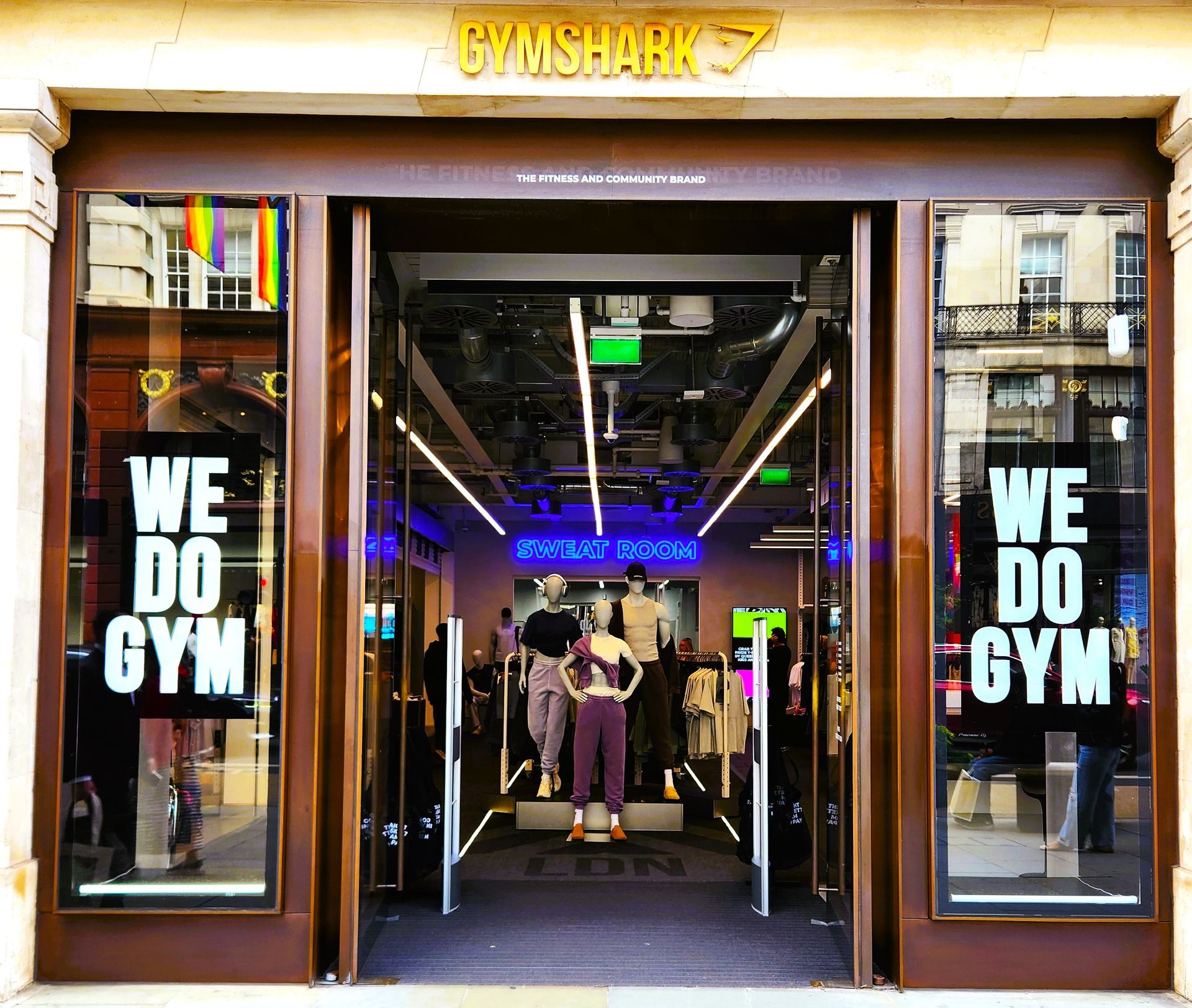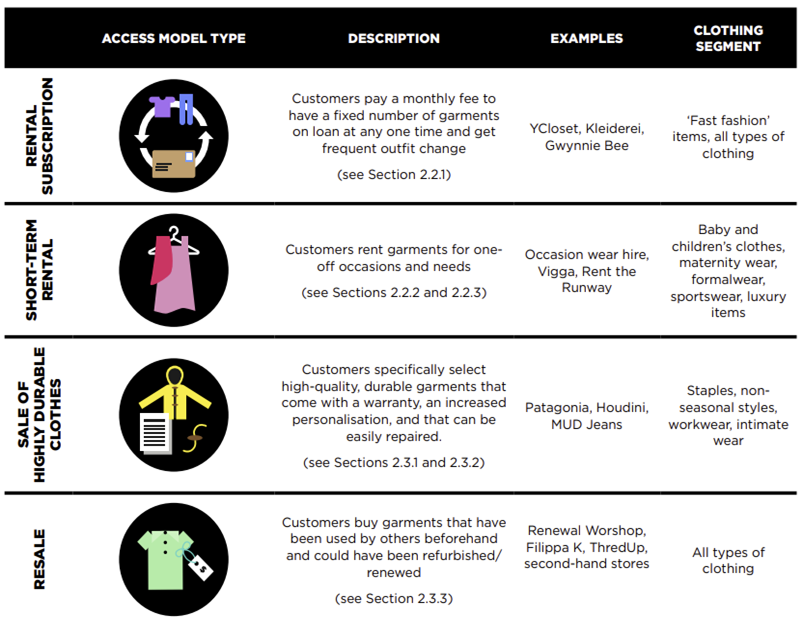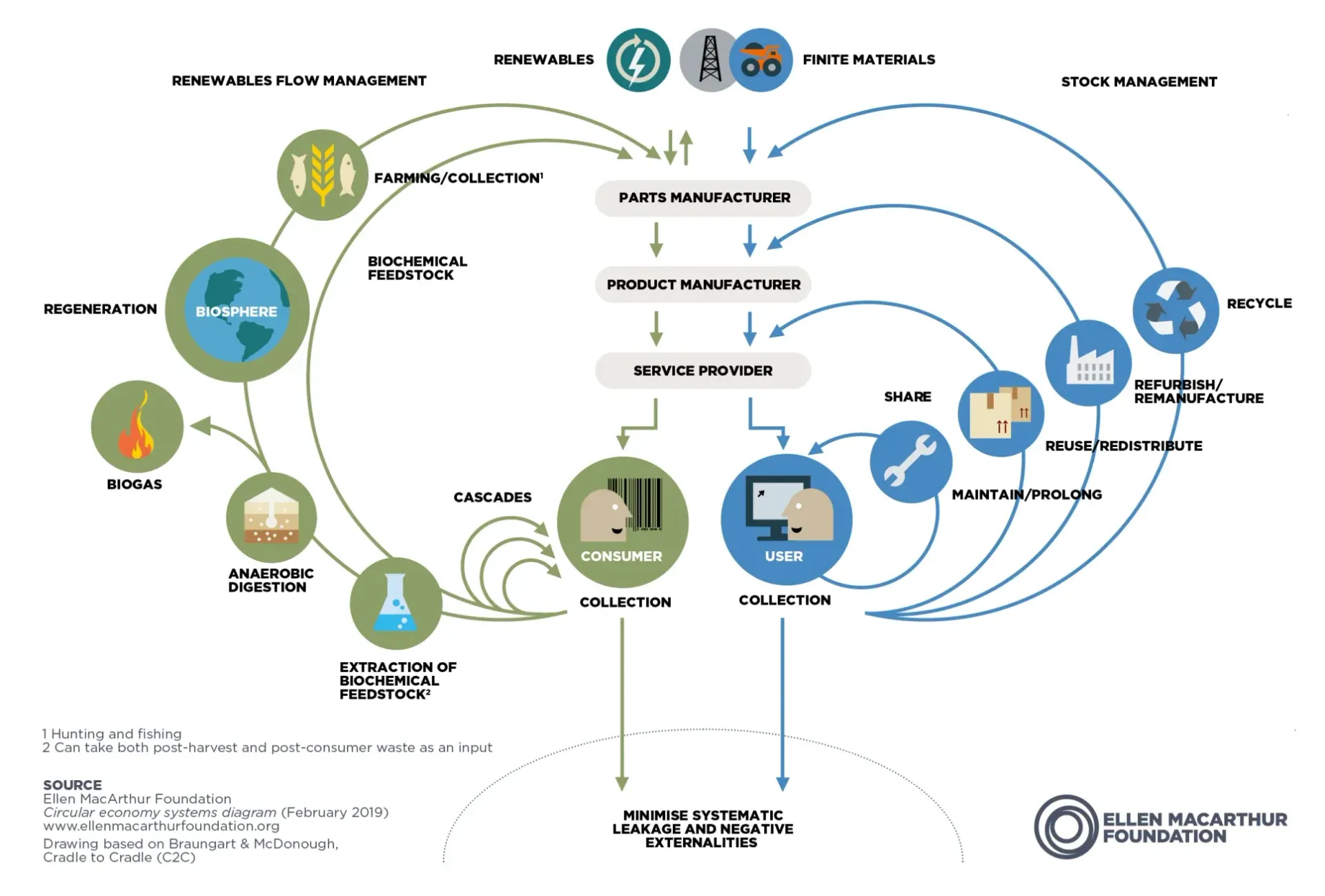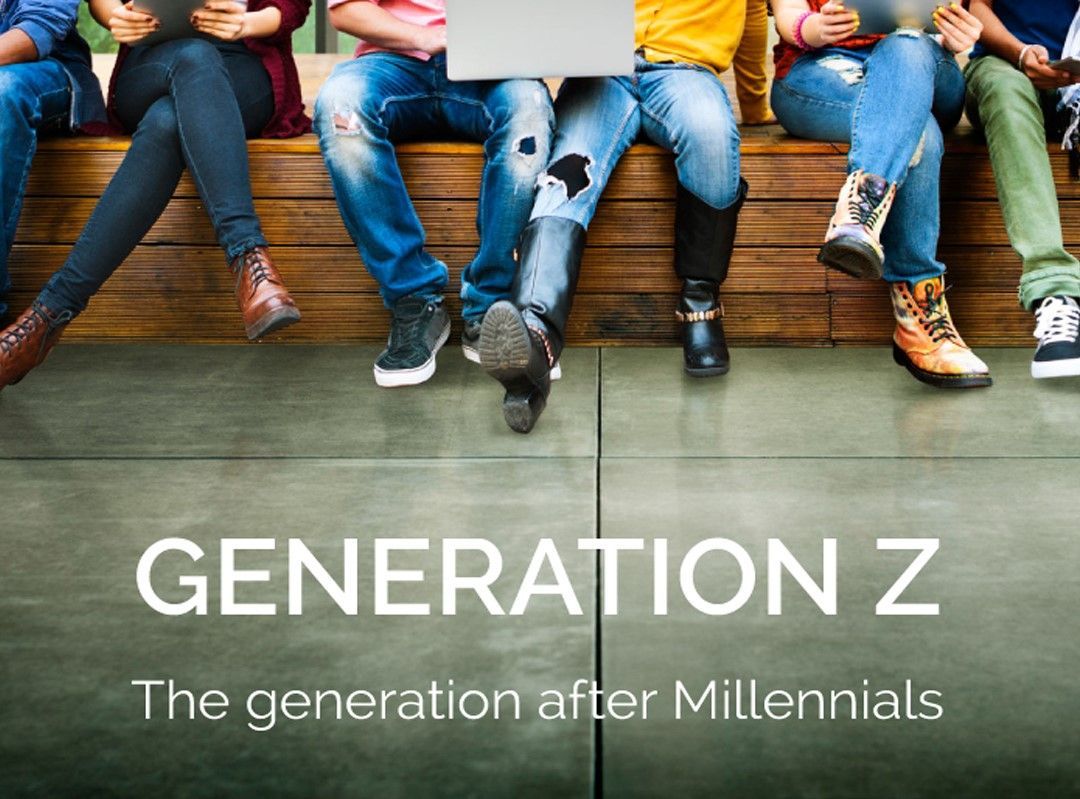CIRCULAR FASHION: RESETTING THE INDUSTRY FOR A SUSTAINABLE FUTURE.
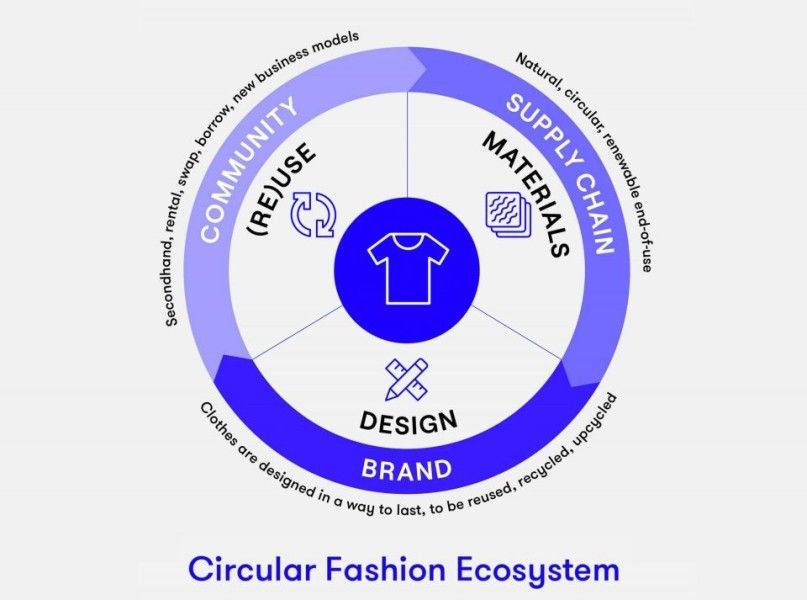
CIRCULAR FASHION: RESETTING THE INDUSTRY FOR A SUSTAINABLE FUTURE
It is argued that the clothing, footwear, and household textiles industry are among the most contaminating industrial activities, with substantial adverse environmental impacts. Such impacts include 20% of global clean water pollution, 10% of global carbon emissions, the massive amount of water used (2,7L to produce one T-shirt) and waste in landfills (EU parliament, 2022).
The textile and footwear industry has pursued a stream of sustainable business practices in the last 20 years, intending to change this reality. The #sustainable #businesspractices could be defined as the different business models, operations processes, management systems, sustainable frameworks and models that business organisations can adopt and implement to pursue long-term social and environmental sustainability. Practices such as recycling, organic cotton use, new technologies that reduce water consumption or implementation of green energy used by suppliers have been spread along the supply chain value by many fashion and sporting goods organisations. However, #wastemanagement continues to be a critical worldwide environmental problem.
In recent years, the #circulareconomy has been presented as the panacea for the industry and the behavioural consumer change needed to impact the environment positively and create an authentic, sustainable future for the industry and society. Besides, many fashion and sporting goods brands are implementing on an early stage this sustainable business practice, such as H&M, Mango, Nike and Adidas. However, those practices must still be added to their corporate strategic model.
Collecting unwanted products from customers and transforming them into new products to be sold and used (Ralph Lauren’s new cashmere programme) or creating new products specifically to be circular since the design process (ON sports company and its circular sneaker) where the product is used but not own, are the most recent known actions put in place in the industry. No one action fits everyone, but #circularity will undoubtedly be the most foreseeable sustainable practice embedded in the strategies of fashion industry organisations in the following years.
A change in consumer consumption behaviour will be needed, and the industry will become critical in enhancing this change.
Retail Consulting & Advisory Services Ltd is committed to a sustainable future in the industry and can help your organisation to design your sustainable strategy, understand your business reality and propose the most feasible one.
All Rights Reserved | Retail Consulting & Advisory Services Ltd.
Ismael Gonzalez - Founder and Managing Director
© 2022 Retail Consulting & Advisory Services LTD. Company Registration Number 14234794. Privacy Policy

